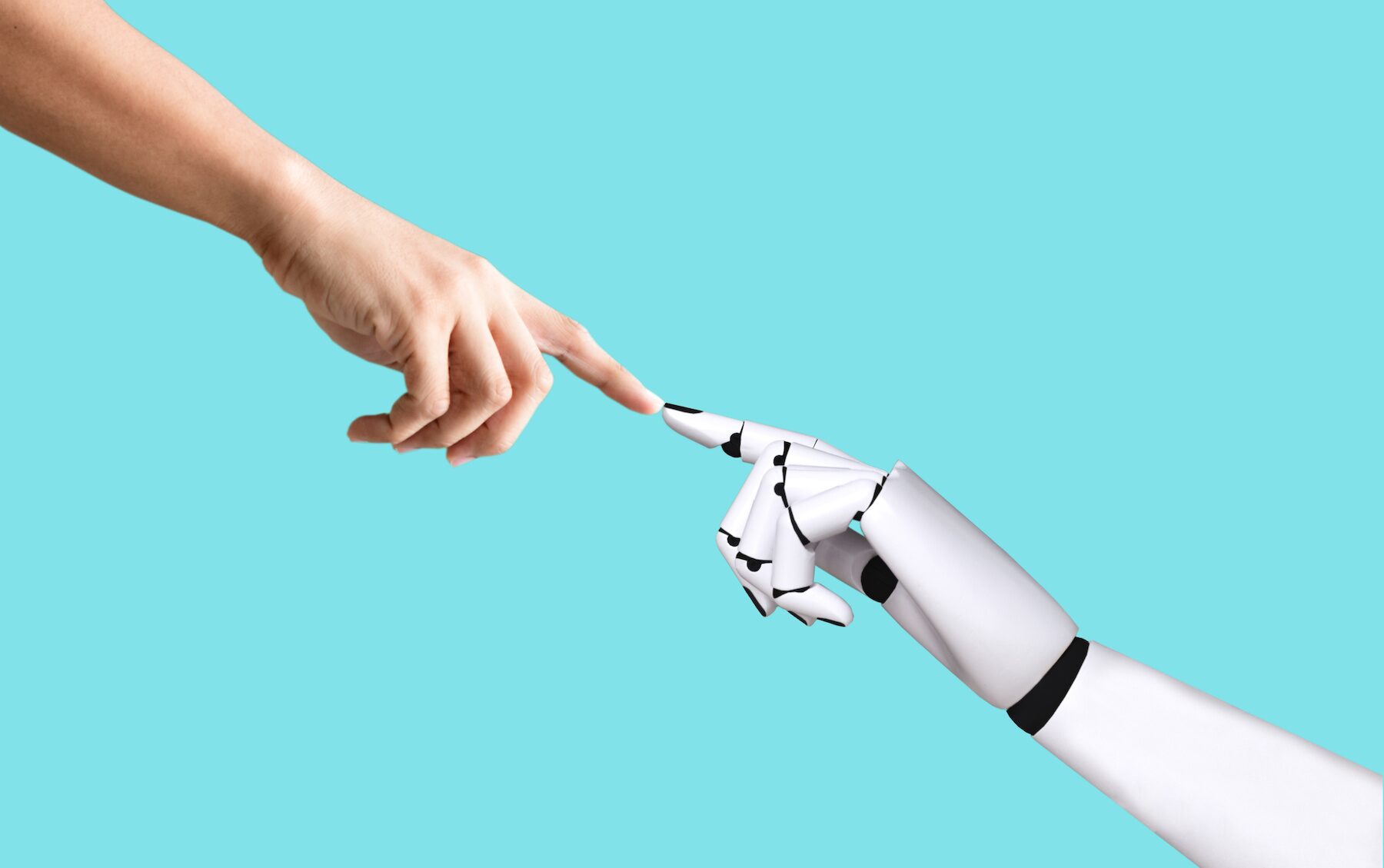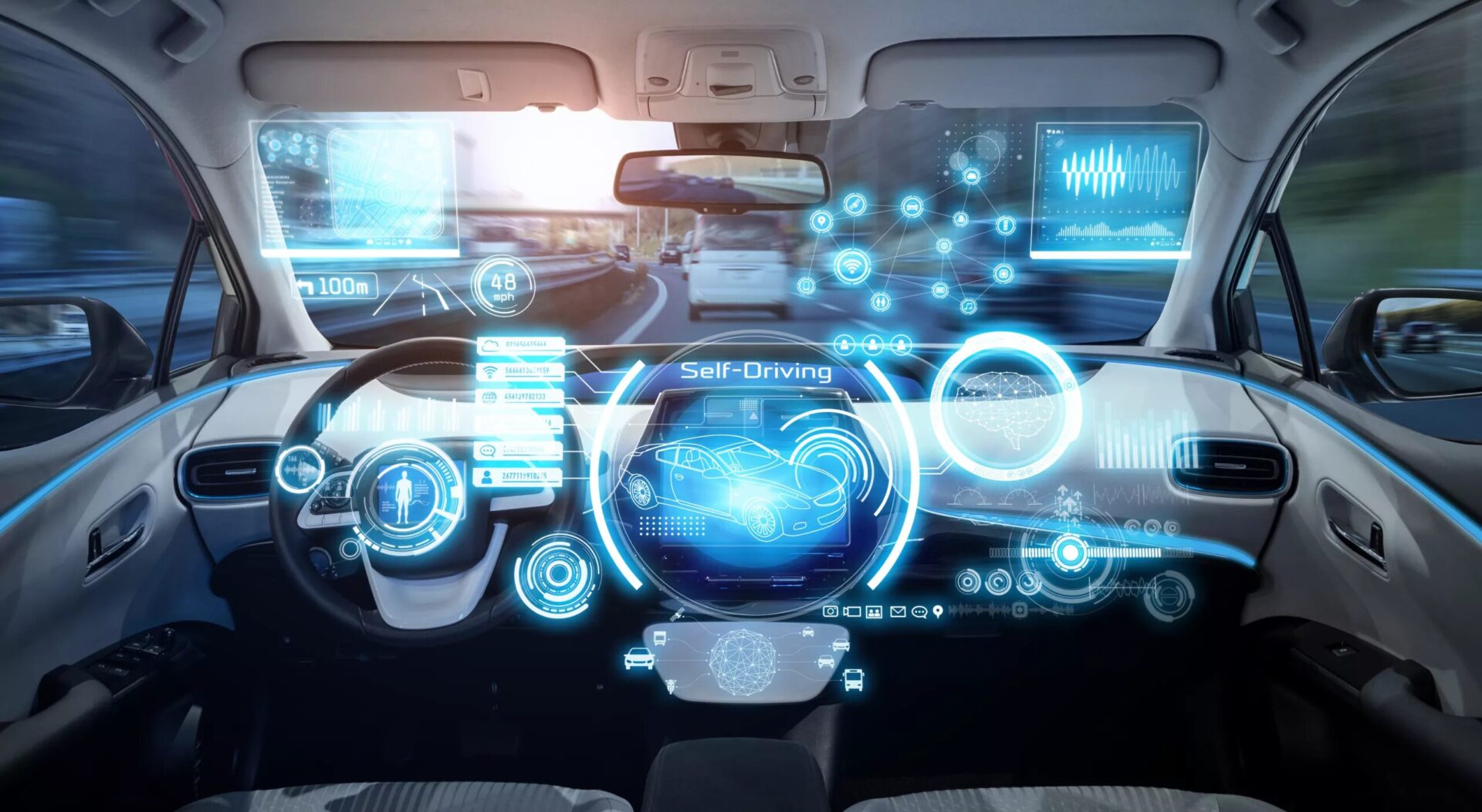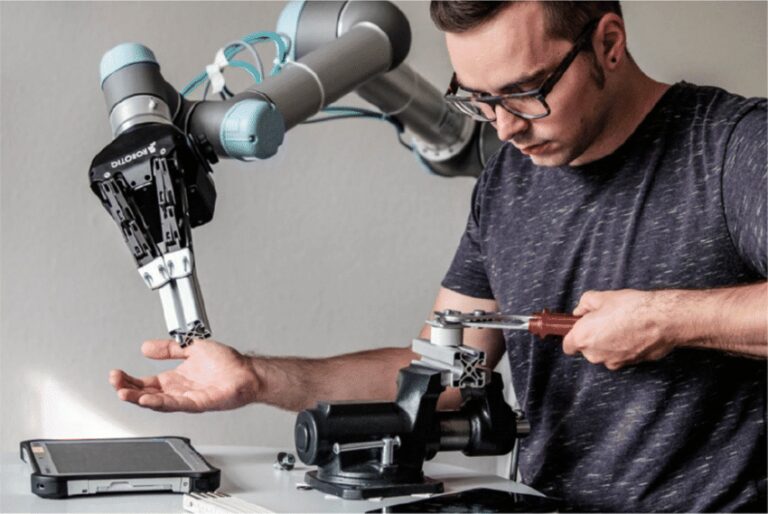
Remember that robot vacuum cleaner you scoffed at five years ago? Now it’s waltzing around your living room, mocking your dust bunny-filled days. It’s a funny example, but it begs a real question: in 2024, what jobs are truly safe from the cold, metallic clutches of technology? Buckle up, folks, because we’re about to take a peek into the crystal ball of automation and see which professions might soon be relegated to the history books.
The Robots Are Coming (but Not for Everyone)

First things first, let’s dispel a myth: machines won’t steal all the jobs. Think of it like a game of musical chairs, with some professions finding new seats while others… well, face the awkward standing-around-while-the-music-stops shuffle.
Who Needs Human Hands When You Have Algorithms?

Let’s start with the low-hanging fruit – jobs ripe for automation. Repetitive tasks, like data entry, assembly line work, and basic customer service, are prime targets for robo-replacements. Algorithms can crunch numbers faster than any human calculator, assemble gadgets with precision beyond shaky hands, and answer simple FAQs with robotic politeness (even if you still miss the “bless your heart” from your favorite store clerk).
Driving (Sometimes) Without the Human Feeling

Transportation takes a hit too. Self-driving cars are no longer sci-fi dreams; they’re whizzing around test tracks and promising to revolutionize our roads. Truck drivers, taxi drivers, and even delivery folks might need to re-route their career paths (pun intended). But hold on, adrenaline junkies – the thrill of piloting an airplane or mastering the intricacies of a Formula One race car, those are still firmly in human hands (for now).
Brains Not Brawn: When Machine Learning Outstrips Human Knowledge
Remember that movie where robots rise up because they’re smarter than humans? Relax, Skynet isn’t real (yet). But even so, some complex, knowledge-based jobs are facing competition from artificial intelligence. Financial analysts, legal researchers, and even some medical diagnoses are being tackled by algorithms with impressive accuracy. The good news? These professionals can leverage their human skills – creativity, critical thinking, and that sixth sense for nuance – to stay ahead of the curve.
The Human Advantage: Why You Probably Won’t Be Flipping Burgers with Bots

So, is your resume trembling in fear? Not so fast. Some jobs rely on uniquely human strengths that no robot can replicate. Empathy, creativity, emotional intelligence – these are the superpowers that keep professions like therapists, teachers, artists, and social workers firmly in the human domain.
Retooling, Not Retiring: The Future of Work in 2024

The key to thriving in 2024 (and beyond) is adaptability. Automation might shift the landscape, but it also creates new opportunities. Think upskilling, not retrenching. Learn coding, master data analysis, become a digital marketing magician – embrace the skillsets that complement, not compete with, the robots.
Don’t Fear the Future, Embrace the Upgrade
So, will you be flipping burgers with robots in 2024? Probably not. The future of work isn’t about humans vs. machines; it’s about humans with machines. It’s about collaboration, not competition. It’s about using technology to amplify our strengths and create entirely new, exciting possibilities. So, don’t fear the evolving landscape – embrace it, learn from it, and become the future-proof professional you were always meant to be.
Conclusion
2024 might sound like a futuristic date, but the future of work is already knocking on our door. Don’t let the metallic clang of automation send you into a panic. Instead, view it as a wake-up call, an invitation to evolve, to become a version of yourself who isn’t just equipped for the present, but prepared to conquer the exciting unknown. Remember, the future is what we make it, and together, humans and machines can co-create a vibrant, dynamic world where everyone has a place to shine, whether with their silicon circuits or their squishy, brilliant brains. So, step into the future, embrace the change, and let your uniquely human spark ignite the next chapter of your career.
You May Also Like…
- 3D Atom Model Project Ideas
- Top 10 Nigerian Hairdo for Beautiful Ladies
- How Build IoT Based Solar Panel Monitoring
- The Weirdest Dishes You Would Never Dare to Try
5 Unique FAQs
1. Will I lose my job to a robot?
The risk depends on your profession. Jobs with high levels of automation and routine tasks face higher risk, while those requiring creativity, emotional intelligence, and complex problem-solving are less likely to be replaced.
2. What skills should I learn to stay ahead?
Focus on skills that complement or enhance technology, like data analysis, coding, critical thinking, and communication. Lifelong learning and adaptability are key in the evolving workforce.
3. Can I retrain for a new career?
Absolutely! Many resources are available for career changes, including online courses, bootcamps, and government programs. Don’t hesitate to seek guidance and upskill for the future.
4. Will automation lead to mass unemployment?
While job displacement is possible in some sectors, automation might also create new opportunities. The focus should be on reskilling and adapting to ensure a smooth transition for workers.
5. Is there anything I can do to stop automation?
Automation is an inevitable force, but we can influence its direction. Advocate for ethical AI development, promote reskilling initiatives, and support policies that ensure a smooth transition for displaced workers. Remember, technology should serve humanity, not replace it.


